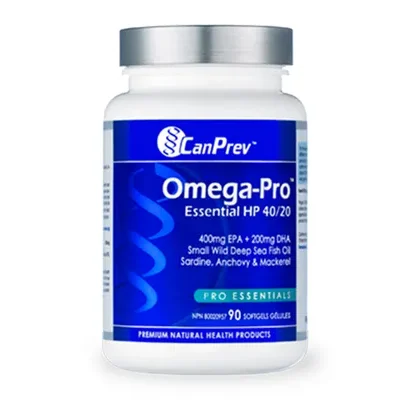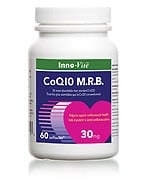Product Description
Ascenta’s omega-3 fish oil supplements are the leading benchmark for pharmaceutical quality and purity. Our industry-leading standards are achieved by using advanced purification techniques, oxygen-free processing equipment and by strictly adhering to GMP procedures. To preserve the freshness and great taste of our products we add a proprietary natural antioxidant blend that provides the best available protection against oxidation.
Fish oil (anchovies, sardines, and/or mackerel), flavouring, tocopherols (derived from non-GMO soy), green tea extract.
Adults and adolescents 14 years and older take 1 tsp. (5 ml) daily. Children 1 – 13 years take 1/2 tsp. (2.5 ml) daily. After opening, refrigerate and consume within 100 days. Do not use if safety seal is broken or missing.
Always read and follow the label.
Uses
Clinical evidence is strongest for heart disease and problems that contribute to heart disease, but omega-3 fatty acids may also be used for:
High cholesterol
People who follow a Mediterranean-style diet tend to have higher HDL or “good” cholesterol levels, which help promote heart health. Inuit Eskimos, who get high amounts of omega-3 fatty acids from eating fatty fish, also tend to have increased HDL cholesterol and decreased triglycerides (fats in the blood). Several studies have shown that fish oil supplements reduce triglyceride levels. Finally, walnuts (which are rich in alpha linolenic acid or LNA, a type of omega-3 fatty acid) have been reported to lower total cholesterol and triglycerides in people with high cholesterol levels.
High blood pressure
Several clinical studies suggest that diets or fish oil supplements rich in omega-3 fatty acids lower blood pressure in people with hypertension. An analysis of 17 clinical studies using fish oil supplements found that taking 3 or more grams of fish oil daily may reduce blood pressure in people with untreated hypertension.
Heart disease
One of the best ways to help prevent heart disease is to eat a diet low in saturated fat and to eat foods that are rich in monounsaturated and polyunsaturated fats (including omega-3 fatty acids). Clinical evidence suggests that EPA and DHA (eicosapentaenoic acid and docosahexaenoic acid, the two omega-3 fatty acids found in fish oil) help reduce risk factors for heart disease, including high cholesterol and high blood pressure.
Information about Omega-3’s:
This information is from our Learning Center
Omega-3 fatty acids are considered essential fatty acids: They are necessary for human health but the body can’t make them — you have to get them through food. Omega-3 fatty acids can be found in fish, such as salmon, tuna, and halibut, other seafood including algae and krill, some plants, and nut oils. Also known as polyunsaturated fatty acids (PUFAs), omega-3 fatty acids play a crucial role in brain function as well as normal growth and development. They have also become popular because they may reduce the risk of heart disease. The American Heart Association recommends eating fish (particularly fatty fish such as mackerel, lake trout, herring, sardines, albacore tuna, and salmon) at least 2 times a week.
Research shows that omega-3 fatty acids reduce inflammation and may help lower risk of chronic diseases such as heart disease, cancer, and arthritis. Omega-3 fatty acids are highly concentrated in the brain and appear to be important for cognitive (brain memory and performance) and behavioral function. In fact, infants who do not get enough omega-3 fatty acids from their mothers during pregnancy are at risk for developing vision and nerve problems. Symptoms of omega-3 fatty acid deficiency include fatigue, poor memory, dry skin, heart problems, mood swings or depression, and poor circulation.
It is important to have a balance of omega-3 and omega-6 (another essential fatty acid) in the diet. Omega-3 fatty acids help reduce inflammation, and most omega-6 fatty acids tend to promote inflammation. The typical American diet tends to contain 14 – 25 times more omega-6 fatty acids than omega-3 fatty acids.
The Mediterranean diet, on the other hand, has a healthier balance between omega-3 and omega-6 fatty acids. Many studies have shown that people who follow this diet are less likely to develop heart disease. The Mediterranean diet does not include much meat (which is high in omega-6 fatty acids) and emphasizes foods rich in omega-3 fatty acids, including whole grains, fresh fruits and vegetables, fish, olive oil, garlic, as well as moderate wine consumption.





What others are saying
There are no contributions yet.